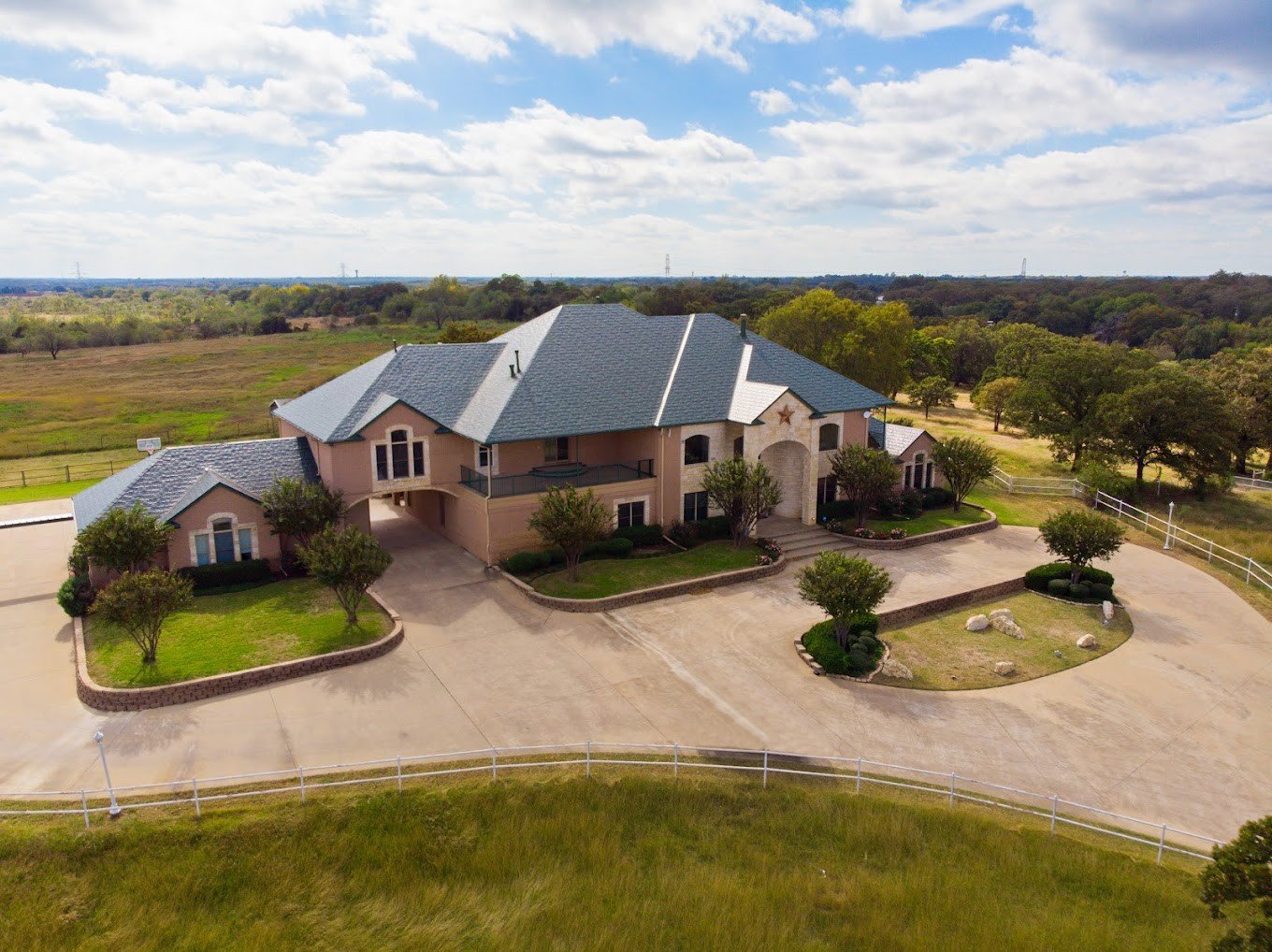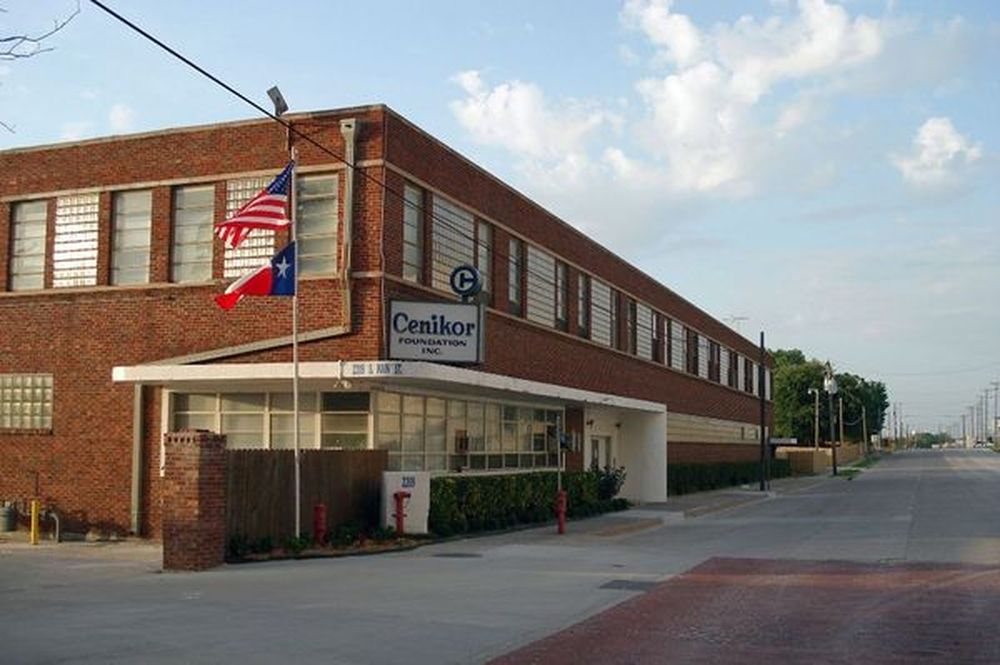About Symetria — Arlington Outpatient Rehab & Suboxone Clinic
Symetria’s Arlington Outpatient Rehab and Suboxone Clinic is an accredited opioid use clinic situated in Arlington, Texas. Accreditation by an independent body like CARF may indicate a commitment to quality and safe recovery. The beautiful comments from past clients indicate that this clinic is offering an impressive opioid recovery service. They mainly offer medication-assisted treatment and intensive outpatient therapy. The clinic strives to provide a conducive and safe outpatient space where you can seek help without worrying about being judged.
Recovery In Arlington
The clinic is situated to the south of the city between the 303 and Vendergriff Park. Richard Simpson Park is nearby as well, just six miles northwest. The clinic is near I-20 which links directly to Fort Worth, Dallas and Grand Prairie. State Highway 360 is also nearby and connects to DFW International Airport. The most common public transport option in Arlington is Via Rideshare. This is an on-demand shared-ride service that functions similarly to Uber but is operated by the city. Uber and Lyft are also readily available.
Vivitrol, Suboxone and Methadone Maintenance
Medication assisted treatment pairs FDA approved meds with counseling to deliver “whole person.” Arlington Rehab Clinic has Vivitrol, Suboxone and Methadone available for their medication assisted treatment. Your prescription will depend on your unique condition via a personalized care plan. When taken as prescribed, the meds alleviate cravings and relieve painful withdrawal symptoms.
You’ll then attend counseling to take care of the psychological, social and emotional issues fueling your opioid use. The clinic offers individual counseling for this purpose. Counseling also helps you build practical coping skills to prevent relapse. Medication-assisted treatment fosters lasting abstinence by making you stay longer in recovery. This long-term approach is also called maintenance treatment.
Suboxone Detoxification
Besides the maintenance treatment, Arlington Rehab Clinic also offers detoxification treatment using suboxone. This is suitable if you’re looking to safely taper off opioids while managing withdrawal symptoms under medical supervision. It is a short-term procedure where Suboxone helps ease symptoms while your body adjusts. The goal is to make detox safer and more manageable so you don’t have to go through it alone. Most people go through detox before maintenance treatment.
Structured Support for Your Recovery Journey
Arlington Rehab Clinic offers an intensive outpatient program (IOP) as well. This program could be fitting if you seek structured and relatively intensive support for your substance use issues but don’t want inpatient care. It mainly involves recovery focused group therapy alongside individual sessions and psychoeducational programs. Emphasis is placed on helping you build sound coping mechanisms that support sobriety while avoiding relapse.
You can expect at least nine hours of therapy sessions weekly. The beauty of this program is that it offers high flexibility. Sessions are designed to suit your schedule so that you can receive therapy while maintaining your job of everyday routine. If you’re struggling with co-occurring mental health issues, you’ll receive psychiatric support including assessments and medication management.
Latest Reviews
Rehab Score
Gallery
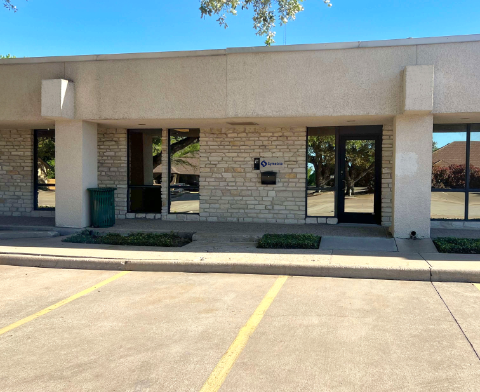
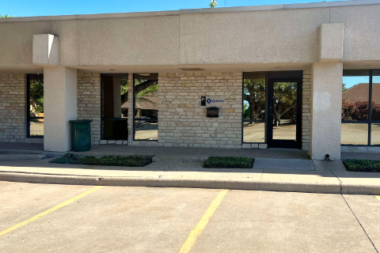
Accepted Insurance











Other Forms of Payment
Self-pay involves paying for treatment out of your own pocket. You can use savings or credit, get a personal loan, or receive help from family and friends to fund your treatment. If you don't have insurance or your insurance plan doesn't cover a specific program, self-pay can help ensure you still get the care you need.
Private insurance refers to any kind of healthcare coverage that isn't from the state or federal government. This includes individual and family plans offered by an employer or purchased from the Insurance Marketplace. Every plan will have different requirements and out of pocket costs so be sure to get the full details before you start treatment.
Medicare is a federal program that provides health insurance for those 65 and older. It also serves people under 65 with chronic and disabling health challenges. To use Medicare for addiction treatment you need to find a program that accepts Medicare and is in network with your plan. Out of pocket costs and preauthorization requirements vary, so always check with your provider.
Sliding scale payments are based on a client's income and family size. The goal is to make treatment affordable to everyone. By taking these factors into account, addiction recovery care providers help ensure that your treatment does not become a financial burden to you or your family, eliminating one barrier to care.
Military members, veterans, and eligible dependents have access to specific insurance programs that help them get the care they need. TRICARE and VA insurance can help you access low cost or no cost addiction and mental health treatment. Programs that accept military insurance often have targeted treatment focused on the unique challenges military members, veterans, and their families face.
Private insurance refers to any kind of healthcare coverage that isn't from the state or federal government. This includes individual and family plans offered by an employer or purchased from the Insurance Marketplace. Every plan will have different requirements and out of pocket costs so be sure to get the full details before you start treatment.
Addiction Treatments
Levels of Care
After completing some form of inpatient care, many clients transition or step down to an outpatient rehab, while some choose to transition from detox directly into outpatient care. High-intensity outpatient programming, including partial hospitalization (PHP) and intensive outpatient (IOP) is widely available for clients in early recovery, those leaving detox, and those at an elevated relapse risk. Clients in outpatient care generally engage in robust addiction counseling and recovery education, and some also receive medication assisted treatment (MAT).
Rehab aftercare programs are based on a model of continuing care and the premise that recovery is a life-long process requiring ongoing client support. Many rehab aftercare services include outpatient care, but clients often continue to receive support after being discharged from formal treatment. Case managers and care teams typically collaborate with clients to design their long-term care plan, which may include peer coaching, career counseling, and 12 step program induction, among other services.
Intensive outpatient programs offer high-level care for clients as an increased risk of relapse, including those in early recovery, those with a strong history of relapse, and those experiencing a crisis. Intensive outpatient treatment typically requires clients to engage in nine to 20 hours of care weekly, with treatment modalities that combine psychotherapy and recovery education, and holistic therapies, such as acupuncture and animal therapy. Medication assisted treatment (MAT) is also common in alcohol and/or opioid recovery.
Ridding the body of harmful, addictive substances, also known as detoxification, is usually the first phase of recovery. Those going through medically assisted detox can be administered medications by a team of medical professionals who are on-site 24/7 to provide different types of therapies that help mitigate withdrawal symptoms.
Telehealth in Texas encompasses four main applications. These are mobile health, store-and-forward, remote patient monitoring, and live video. Practitioners leverage these technologies to provide healthcare from a distance, which increases convenience and reduces cost.
Treatments
Alcoholism occurs when a person becomes physically and psychologically dependent on alcohol. Attending a professional alcohol rehab in Texas can provide customized intervention methods to address the physical, mental, and relational challenges of addiction.
Texas's specialized dual-diagnosis addiction treatment programs prioritize comprehensive care for individuals with co-occurring substance use disorders and mental health conditions. These programs offer diverse levels of care, including outpatient, inpatient, and partial hospitalization options. Evidence-based therapies, trauma-informed care, group work, and educational workshops help treat both conditions at the same time and give you the tools to sustain mental health and sobriety.
In Texas, dual-diagnosis addiction treatment programs can treat individuals with co-occurring mental health and substance abuse challenges. Usually offered on an inpatient or outpatient rehab basis, clinicians provide individual and group therapy, medication-assisted treatment, cognitive behavioral therapy, or dialectical behavioral therapy, and skills training to address both disorders and equip you with the skills to maintain your recovery.
Substance abuse treatment is available in Texas for anyone who's struggling with drug or alcohol addiction. These programs usually provide a comprehensive assessment and individualized treatment plan, and include evidence-based treatments, like therapies such as cognitive-behavioral therapy (CBT) to reframe unhelpful coping strategies, and dialectical behavior therapy (DBT) to help with emotional regulation and stress.
Programs
Adult rehab programs include therapies tailored to each client's specific needs, goals, and recovery progress. They are tailored to the specific challenges adult clients may face, including family and work pressures and commitments. From inpatient and residential treatment to various levels of outpatient services, there are many options available. Some facilities also help adults work through co-occurring conditions, like anxiety, that can accompany addiction.
Young adulthood can be an exciting, yet difficult, time of transition. Individuals in their late teens to mid-20s face unique stressors related to school, jobs, families, and social circles, which can lead to a rise in substance use. Rehab centers with dedicated young adult programs will include activities and amenities that cater to this age group, with an emphasis on specialized counseling, peer socialization, and ongoing aftercare.
Clinical Services
Peer support is an important aspect of group therapy sessions for drug and alcohol addiction. As you and your peers share stories and encourage each other, it fosters a sense of community and belonging that helps you process your feelings and reduces the sense of isolation that is associated with addiction.
Individual therapy offers you a confidential space to address the complexities of your drug or alcohol addiction. Your therapist guides these personalized sessions to help develop self awareness and manage stress. This promotes sustained sobriety and overall well being.
The purpose of family therapy is to create a supportive and understanding family dynamic within the family unit. Therapists help individual members to identify and change harmful behavior patterns and improve communication. This provides a stable foundation for the family and their loved one's recovery.
Together with an experienced trauma therapist, you work on healing emotional wounds from traumatic experiences within a trauma therapy environment. Your therapist will help you process the experience of the trauma, which promotes emotional healing and improves your overall mental health.
The goal of cognitive behavioral therapy (CBT) in Texas is to change thought patterns, which leads to changes in behavior. Specific techniques during CBT can include self talk, SMART goals, journaling, and positive activities.
Treatment that takes a dialectical behavior therapy approach focuses on four strategies. Distress tolerance will help you accept and tolerate intense emotions. Emotional regulation will teach you to manage those emotions. Mindfulness will keep you in the present moment instead of regret or worry. Interpersonal effectiveness will teach you to manage your relationships.
Therapy sessions that incorporate motivational interviewing focus on OARS: open questions, affirmation, reflections, and summarizing. This facilitates an exchange of information and an empowering of the client to decide for themselves what changes might need to be made in their lives.
Rational behavior therapy is incorporated into drug and alcohol addiction treatment in Texas to help you recognize and change distorted thinking patterns that are often a root cause of addictive behavior. Using a structured and goal oriented approach, you learn rational thinking and emotional regulation to support healthy coping strategies and promote sustained recovery.
Amenities
-
Private Setting
-
Residential Setting
-
Wifi
Staff & Accreditations
Staff
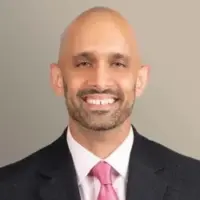
Masroor Ahmed
CEO

Dr. Lea McMahon, LPC, EdD
Chief Clinical Officer

Nate Hartmann, MBA
COO

Dr. Abid Nazeer, MD, FASAM
Senior Medical Advisor
Accreditations

State Licenses are permits issued by government agencies that allow rehab organizations to conduct business legally within a certain geographical area. Typically, the kind of program a rehab facility offers, along with its physical location, determines which licenses are required to operate legally.
State License: Texas
Contact Information
2623 Matlock Rd
# 106
Arlington, TX 76015




















